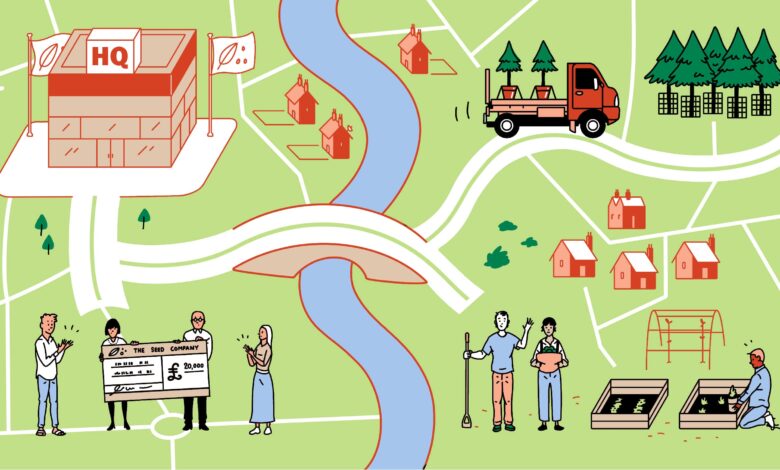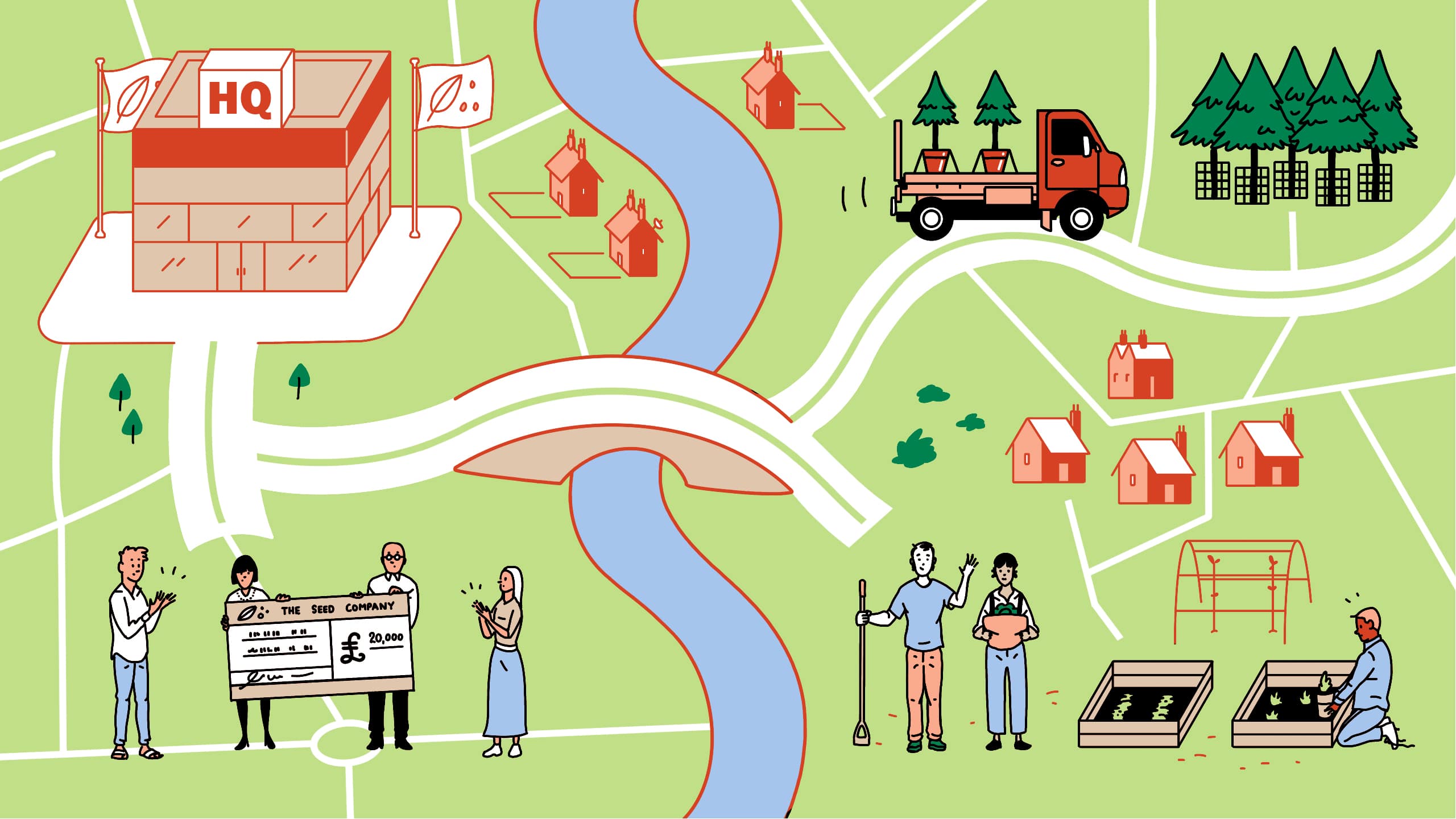

The Business and Finance of Community Development is an incredibly important topic. Investing in your community is a critical step in creating a better, brighter future. Whether it is through investing in education, creating jobs, or providing access to resources, there are many different ways to make a difference in your community. In this blog post, we will explore the different ways that you can invest in your community and the financial and business implications of doing so.
What is community development?
The Business and Finance of Community Development is the term used to describe activities that aim to improve the quality of life in communities. This includes everything from creating jobs, improving education, and building infrastructure, to promoting healthy living, fostering civic engagement, and addressing issues of poverty, inequality, and injustice. Community development involves the planning, design, and implementation of initiatives that will help build a vibrant, sustainable, and equitable community. It requires financial investments and partnerships between government, business, and citizens. The goal is to create a better environment for all people in the community, regardless of their economic or social backgrounds.
What are the benefits of community development?
The Business and Finance of Community Development is an important consideration for any investor or business owner looking to make a positive impact on the community. Community development can bring many benefits to a neighborhood, from improved quality of life to increased economic opportunities.
For starters, community development can lead to an increase in property values in the area. Investments in public infrastructure such as streets, sidewalks, and parks can attract new businesses and residents to the area. This can lead to an increase in both the demand for housing and local businesses, resulting in higher property values.
Community development can also create employment opportunities for local residents. By providing additional funding for business initiatives and programs that focus on job creation, communities can help to create well-paying jobs for residents. This not only increases financial security and stability, but also helps build strong local economies.
Finally, community development can help create more vibrant and enjoyable places to live. By investing in public amenities such as libraries, parks, and recreational facilities, communities can provide locals with more ways to stay active and engaged. This leads to healthier communities and happier citizens.
Overall, The Business and Finance of Community Development provides an excellent opportunity for investors and businesses to make a positive difference in their communities. Investing in projects that improve the quality of life for local residents is a great way to invest in the future of your community.
What are the financial considerations of community development?
When it comes to community development, there are several important financial considerations that must be taken into account. First, the cost of getting a project off the ground must be taken into consideration. This can include the cost of acquiring or leasing land, labor costs, materials, permits, and other associated costs.
Second, ongoing maintenance and upkeep of the project must be factored in. This includes any taxes and fees associated with the project, as well as any necessary repairs or improvements. Additionally, adequate funding must be secured to ensure that the project can continue to be maintained over time.
Third, there are often grants and other forms of assistance available to help offset the cost of community development. These can include state or federal funds, as well as private sources. It’s important to research all available grants to determine which ones are the most beneficial for the specific project.
Finally, it’s important to consider the return on investment (ROI) when engaging in community development. The ROI should include both direct benefits (such as increased property values or increased business activity) as well as indirect benefits (such as increased quality of life for local residents). When looking at the ROI, it’s important to take into account both short-term and long-term gains.
In conclusion, when considering financial considerations for community development, it is important to consider the initial cost of the project, ongoing maintenance and upkeep costs, available grants, and the potential return on investment of the project. With careful planning and forethought, community development projects can be an incredibly rewarding way to invest in your local community.
What are the risks and challenges of community development?
Community development carries with it many risks and challenges that must be managed in order to have a successful outcome. These risks and challenges include but are not limited to the following:
1. Political Risk: Political risk can play a major role in the success or failure of a community development project. Local politics can create obstacles to a project’s success. As decisions need to be made by local governments that can affect the progress of a project.
2. Financial Risk: There is always financial risk involved when investing in a community development project. The success of the project depends largely on having the right financial resources available to ensure the success of the project.
3. Social Risk: Social risks involve the potential for resistance from members of the community who may disagree with the proposed changes or do not want to participate in the process. This type of risk needs to be managed by engaging with key stakeholders in the community and creating a strategy for communicating with them throughout the process.
4. Legal Risk: Legal risks can arise from a variety of sources. Some including zoning regulations, building codes, and other legal restrictions that may affect the project. It is important to research these issues and seek legal counsel before starting any community development project.
5. Cultural Risk: Cultural risks include the potential for cultural clashes between different cultures that are present in a particular community. Understanding the culture of a particular area is critical to developing an effective strategy for successful community development.
By understanding these risks and taking the necessary steps to mitigate them. Some organizations and individuals can ensure that their community development projects are successful and beneficial to all involved.





